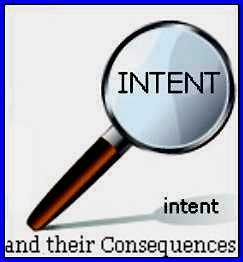WESA #19 – “Hotpotch” and Some Presumptions Eliminated
Common Law Presumptions Abrogated. Historically there has been a presumption that where there was a gift in a will, and after the will was made, the will maker made an inter vivos gift or promised to make a gift of roughly the same amount to the same person, the so-called “rule against double portions” would cancel out the right to a to a gift in the will or the promise if it had not been fulfilled.
If significant advances were made during a parents lifetime to a child,that may have been considered an advancement of an inheritance in the past, but this presumption will no longer be of effect.
Similarly if a will maker owes a debt to a creditor, and leaves a bequest in the will in the same amount or greater than the debt, the debt was presumed to be repaid by the legacy, and this will no longer be the case.
The aforesaid presumptions have now been abolished.
All of section 53 is subject to the contrary intention appearing in the will, or “otherwise”, and extrinsic evidence is admissible to prove this intention.
The Section States:
53(1) The presumption of law that a gift by a will-maker made during his or her lifetime to a child of the will-maker or to a person to whom the will-maker stands in place of a parent is an advancement of a portion that is intended to revoke a gift in the will-maker’s will in favour of the child or person is abrogated and the gift in the will takes effect according to its terms.
(2) The presumption of law that a legacy is revoked by a gift in the same amount as the legacy made by the will-maker during the will-maker’s lifetime is abrogated and the legacy takes effect according to its terms.
(3) The presumption of law that a debt owed by a will-maker is satisfied by a legacy to the creditor equal to or greater than the debt is abrogated and the debt continues to be a claim against the will-maker’s estate.
(4) The presumption of law that a binding promise by a person to make a gift to advance a child in life is satisfied to the extent of the benefit promised by a gift in the person’s will to the child is abrogated and the promise remains binding on the person and the person’s estate.
The current “hotpotch” provision as currently set out in section 92 of the Estate Administration Act, which provides that in an intestacy, where the child has been advanced a portion by the intestate, the portion must be taken into account when calculating the distribution to that child.
This provision has not been included in the new WESA




